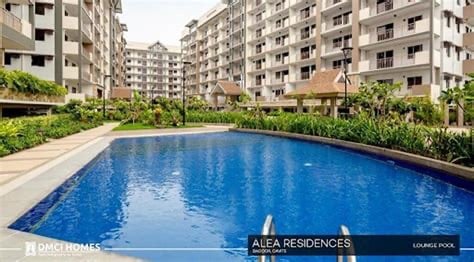Exploring Rent-to-Own Condo Options in Thailand
Renting to own a condo in Thailand, also known as lease-to-own or rent-to-buy, provides an alternative path to homeownership for those unable to afford upfront payments or qualify for mortgages. While less common than traditional options, it offers feasible arrangements in the real estate market.
Guest Author, Mark Kreitzman - cybersecurity and crypto/blockchain expert with over 25 years in building cybersecurity companies and over seven years in the crypto/blockchain space
5/1/20242 min read


Renting to own a condo in Thailand, also known as lease-to-own or rent-to-buy, is a less common but feasible arrangement in the country's real estate market. While it may not be as prevalent as traditional rental or outright purchase options, it offers an alternative path to homeownership for those who may not be able to afford a property upfront or qualify for a mortgage. Here's a closer look at how renting to own a condo works in Thailand.
How Does Renting to Own a Condo Work?
In a rent-to-own arrangement, a tenant agrees to rent a condo for a specified period, typically ranging from one to five years, with the option to purchase the property at the end of the lease term. During the rental period, a portion of the monthly rent may be set aside as a down payment towards the purchase price, providing the tenant with an opportunity to accumulate equity in the property over time.
Upon the expiration of the lease term, the tenant has the option to exercise their right to purchase the condo at a predetermined price, which is often agreed upon at the outset of the lease. If the tenant decides not to proceed with the purchase, they may forfeit the accumulated down payment or have it credited towards future rent payments, depending on the terms of the agreement.
Is Renting to Own a Condo Common in Thailand?
Rent-to-own arrangements are relatively less common in Thailand compared to traditional rental or outright purchase options. However, they do exist, particularly in urban areas like Bangkok, Pattaya, and Phuket, where demand for condominiums is high. These arrangements may appeal to both landlords seeking to attract tenants and tenants aspiring to become homeowners but facing barriers to traditional property ownership.
Pros and Cons of Renting to Own a Condo:
Pros:
1. Path to Homeownership: Renting to own provides tenants with an opportunity to transition from renting to homeownership gradually.
2. Equity Building: Accumulating equity through monthly rent payments can help tenants build towards a down payment for the property.
3. Locking in Purchase Price: Agreeing on the purchase price upfront protects tenants from potential price increases in the future.
Cons:
1. Limited Inventory: Rent-to-own properties may be less readily available than traditional rental or purchase options, limiting choices for tenants.
2. Complex Legalities: Rent-to-own agreements may involve complex legal and financial considerations, requiring careful review and negotiation by both parties.
3. Risk of Forfeiture: If tenants are unable to exercise their option to purchase at the end of the lease term, they may lose the accumulated down payment.
Conclusion:
While renting to own a condo in Thailand may offer a path to homeownership for some, it's essential to carefully evaluate the terms of the agreement and consider the associated risks and benefits. Tenants considering a rent-to-own arrangement should consult with legal and financial advisors to ensure they fully understand their rights and obligations before entering into such agreements. With proper due diligence and clear communication between landlords and tenants, renting to own can be a viable option for those looking to achieve their homeownership goals in Thailand's dynamic real estate market.


